Accordingly, the Law on Consumer Rights Protection (amended) consists of 7 Chapters and 80 Articles; effective from July 1, 2024.
The Law stipulates principles and policies for protecting consumer rights; rights and obligations of consumers; responsibilities of business organizations and individuals towards consumers; consumer rights protection activities of agencies and organizations; dispute resolution between consumers and business organizations and individuals; and state management of consumer rights protection.
The subjects of application of the Law are consumers; business organizations and individuals; the Vietnam Fatherland Front; socio- political organizations; socio-political-professional organizations, social organizations, socio-professional organizations (collectively referred to as social organizations) participating in protecting consumer rights; domestic and foreign agencies, organizations and individuals related to protecting consumer rights.
The National Assembly passed the Law on Consumer Protection (amended). Photo: An Dang/VNA
The principle of consumer rights protection clearly states: Protecting consumer rights is the responsibility of the State, organizations, individuals and the whole society. The legitimate rights and interests of consumers are recognized, respected, guaranteed and protected according to the provisions of law. Consumer rights protection must be proactively implemented in a timely, fair, transparent and lawful manner. Consumer rights protection activities must not infringe upon the interests of the State, the legitimate rights and interests of business organizations and individuals and other organizations and individuals. Ensure fairness, equality, non-discrimination based on gender, voluntary, non-violation of the law, and non-contravention of good customs and social ethics in transactions between consumers and business organizations and individuals.
Prohibited acts in protecting consumer rights include: Business organizations and individuals are prohibited from performing the following acts: Deceiving or confusing consumers by providing false, incomplete, or inaccurate information about one of the following contents: products, goods, and services provided by business organizations and individuals; reputation, business capacity, and ability to provide products, goods, and services of business organizations and individuals; content and characteristics of transactions between consumers and business organizations and individuals; images, papers, and certification documents of competent state agencies about products, goods, services, or business organizations and individuals.
It is strictly forbidden to harass consumers through direct or indirect contact against the consumer's will to introduce products, goods, services, business organizations and individuals, propose to enter into contracts or engage in other acts that hinder the normal work and life of consumers; Forcing consumers to buy products, goods and services against the consumer's will through the use of force, threats of force or other acts of a similar nature...
The Law prescribes methods for resolving disputes between consumers and business organizations and individuals. Accordingly, disputes arising between consumers and business organizations and individuals are resolved through the following methods: Negotiation; Mediation; Arbitration; Court.
Negotiation and mediation are not allowed in the following cases: Infringing upon national, ethnic or public interests; Violating the prohibitions of law or contrary to social ethics; Causing damage to the interests of many consumers, except in cases where the number of damaged consumers is fully determined.
Dispute resolution methods between consumers and business organizations and individuals are carried out directly, online or in other forms according to relevant laws.
According to VNA/Tin Tuc Newspaper
Source link


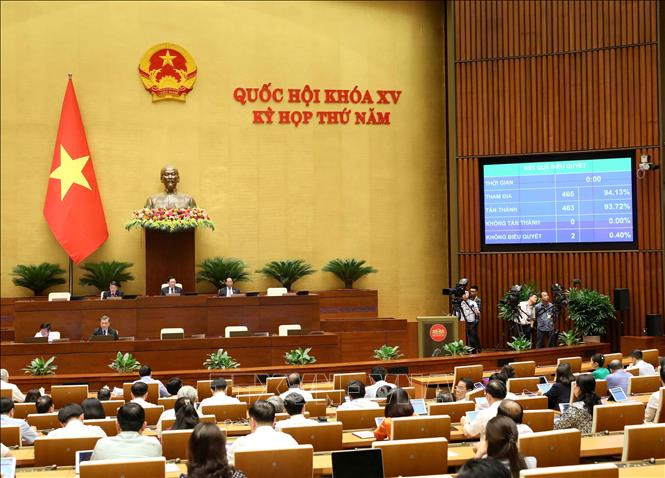




![[Photo] Parade to celebrate the 50th anniversary of Laos' National Day](/_next/image?url=https%3A%2F%2Fvphoto.vietnam.vn%2Fthumb%2F1200x675%2Fvietnam%2Fresource%2FIMAGE%2F2025%2F12%2F02%2F1764691918289_ndo_br_0-jpg.webp&w=3840&q=75)

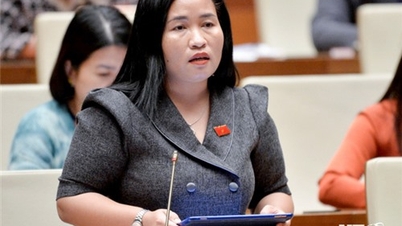




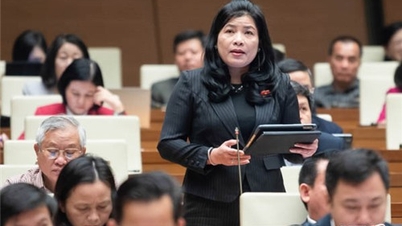





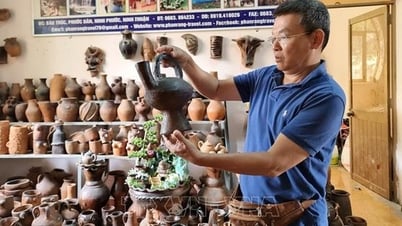












![[Photo] Worshiping the Tuyet Son statue - a nearly 400-year-old treasure at Keo Pagoda](/_next/image?url=https%3A%2F%2Fvphoto.vietnam.vn%2Fthumb%2F1200x675%2Fvietnam%2Fresource%2FIMAGE%2F2025%2F12%2F02%2F1764679323086_ndo_br_tempimageomw0hi-4884-jpg.webp&w=3840&q=75)











































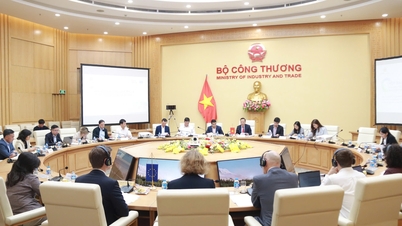





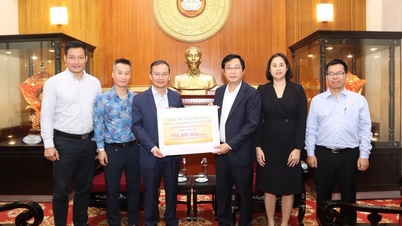


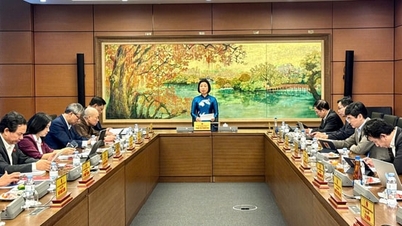






















Comment (0)